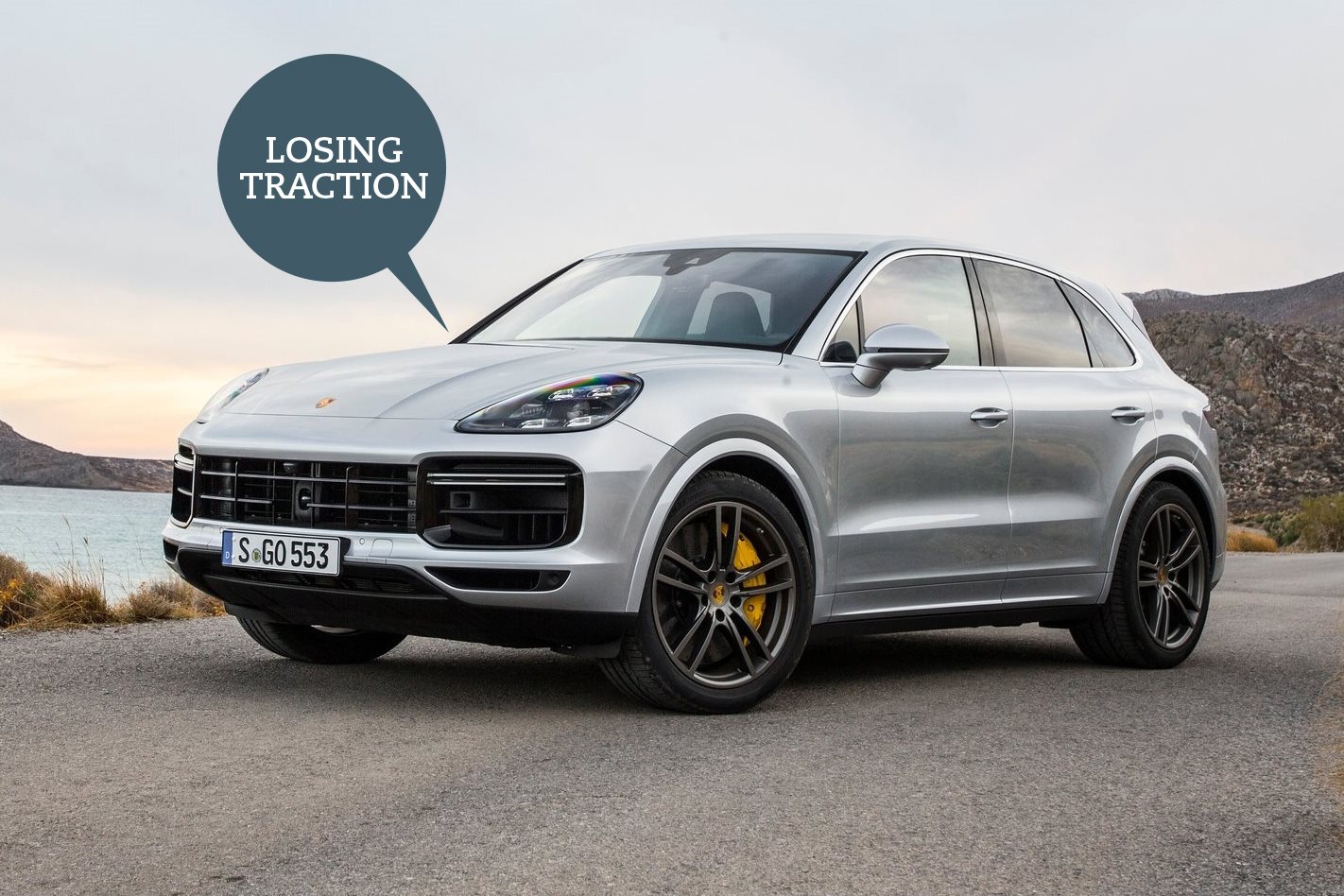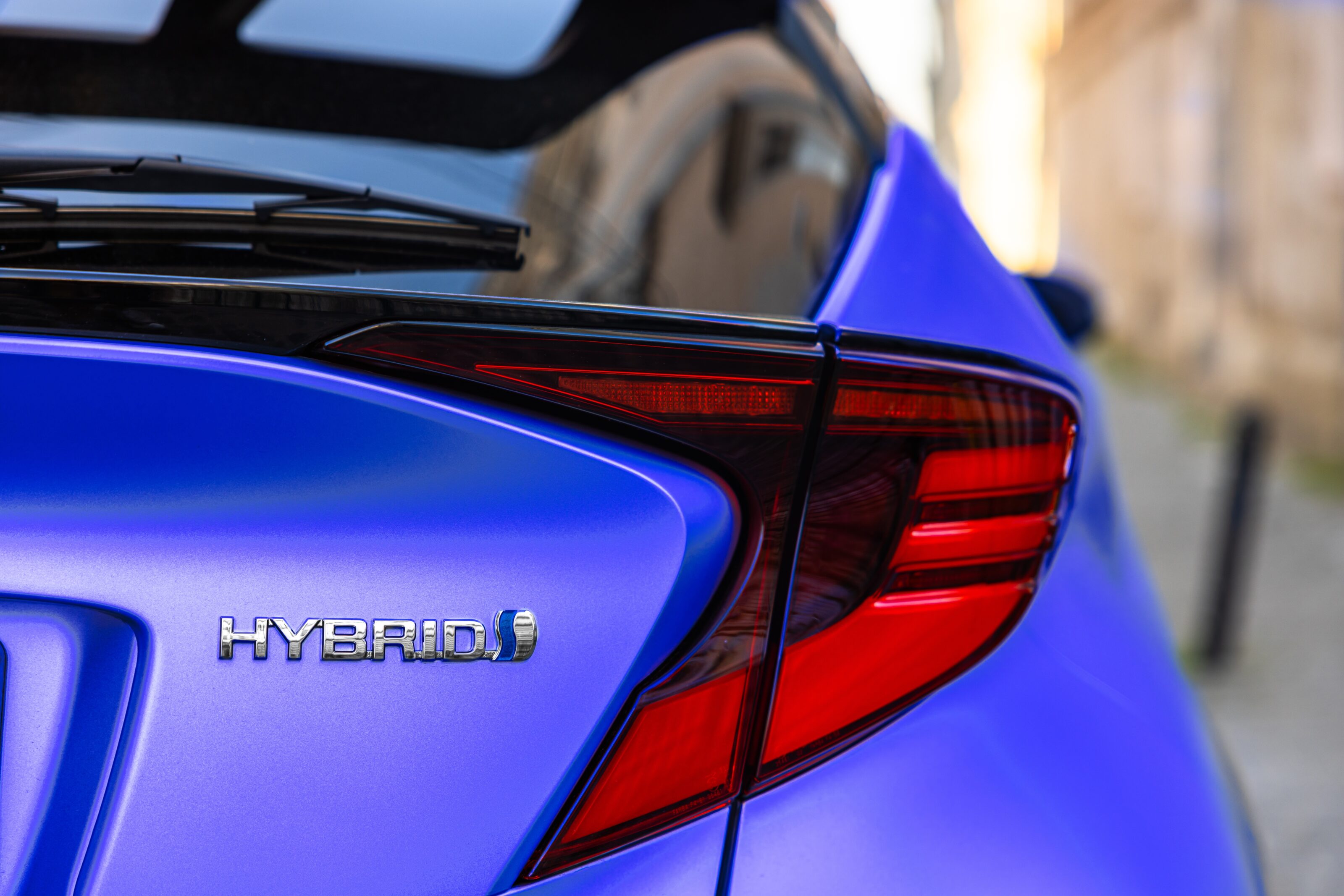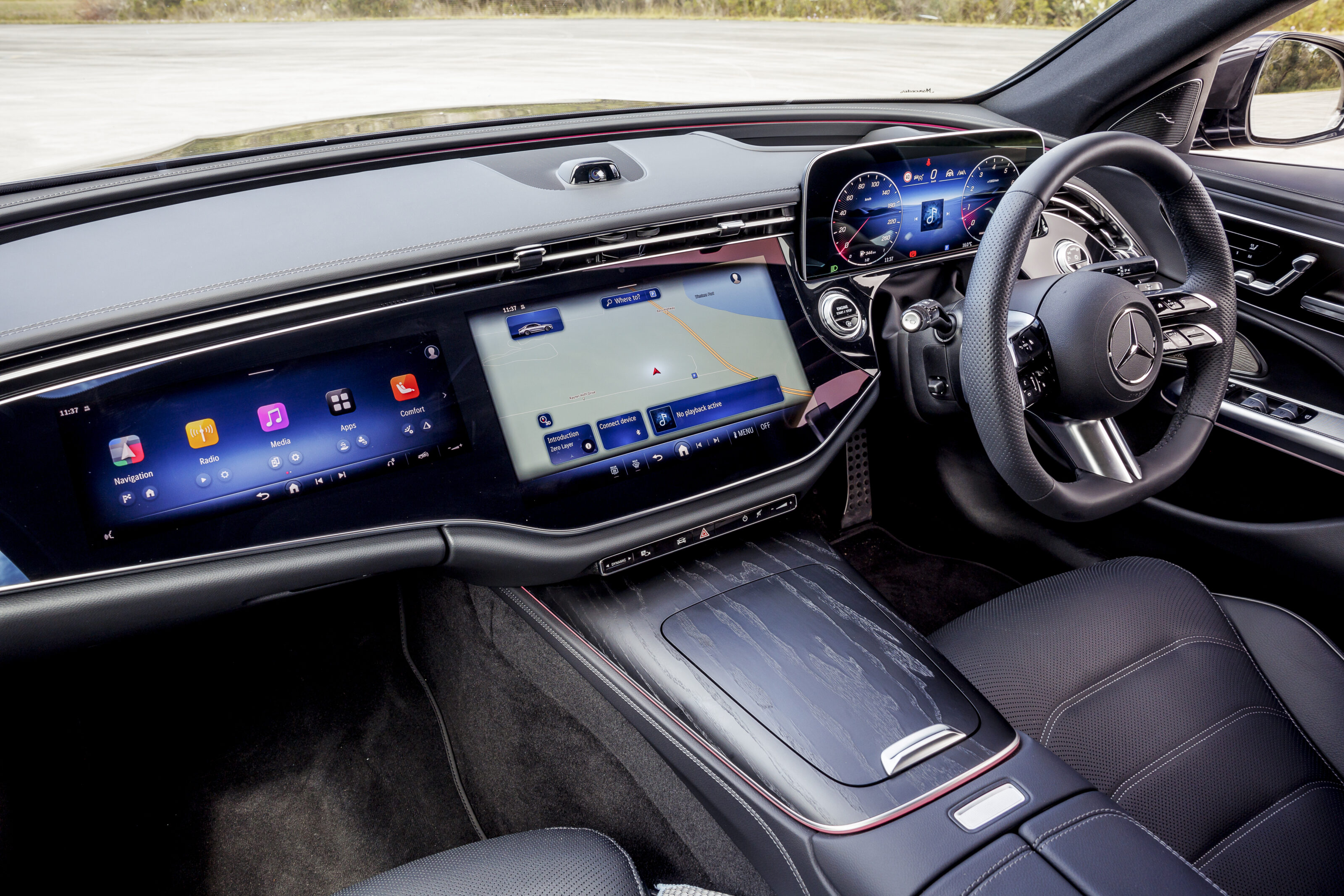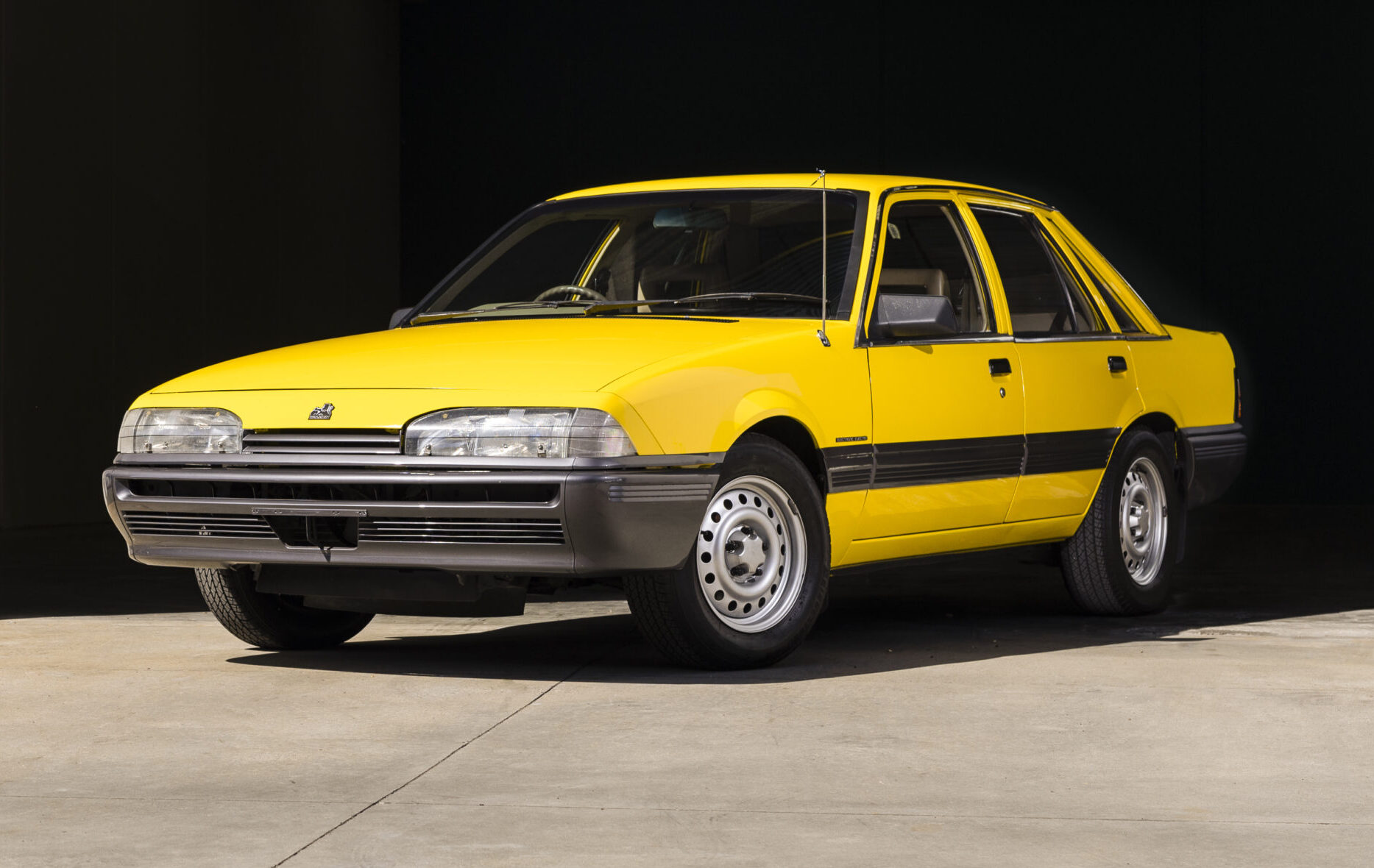FEW car engineers will have been drawn to the profession by the prospect of creating super-fast SUVs.
The idea of a performance off-roader was as oxymoronic as military intelligence.
When the Porsche Cayenne Turbo was introduced, it was a freakish outlier, the sole occupant of its segment and kept warm only by the heat of the critical flaming it was subjected to.
Now it looks demure and modest next to cars like the Bentley Bentayga and forthcoming Lamborghini Urus.

But the number of ballistic off-roaders coming over the next few years is also proof of the industry’s need to make hay quickly. Because the sun isn’t going to be shining on this part of the market for very long.
Indeed, the high-performance SUV could be effectively extinct within just a few years, potentially the first victim of increasingly stringent economy standards being introduced around the world.
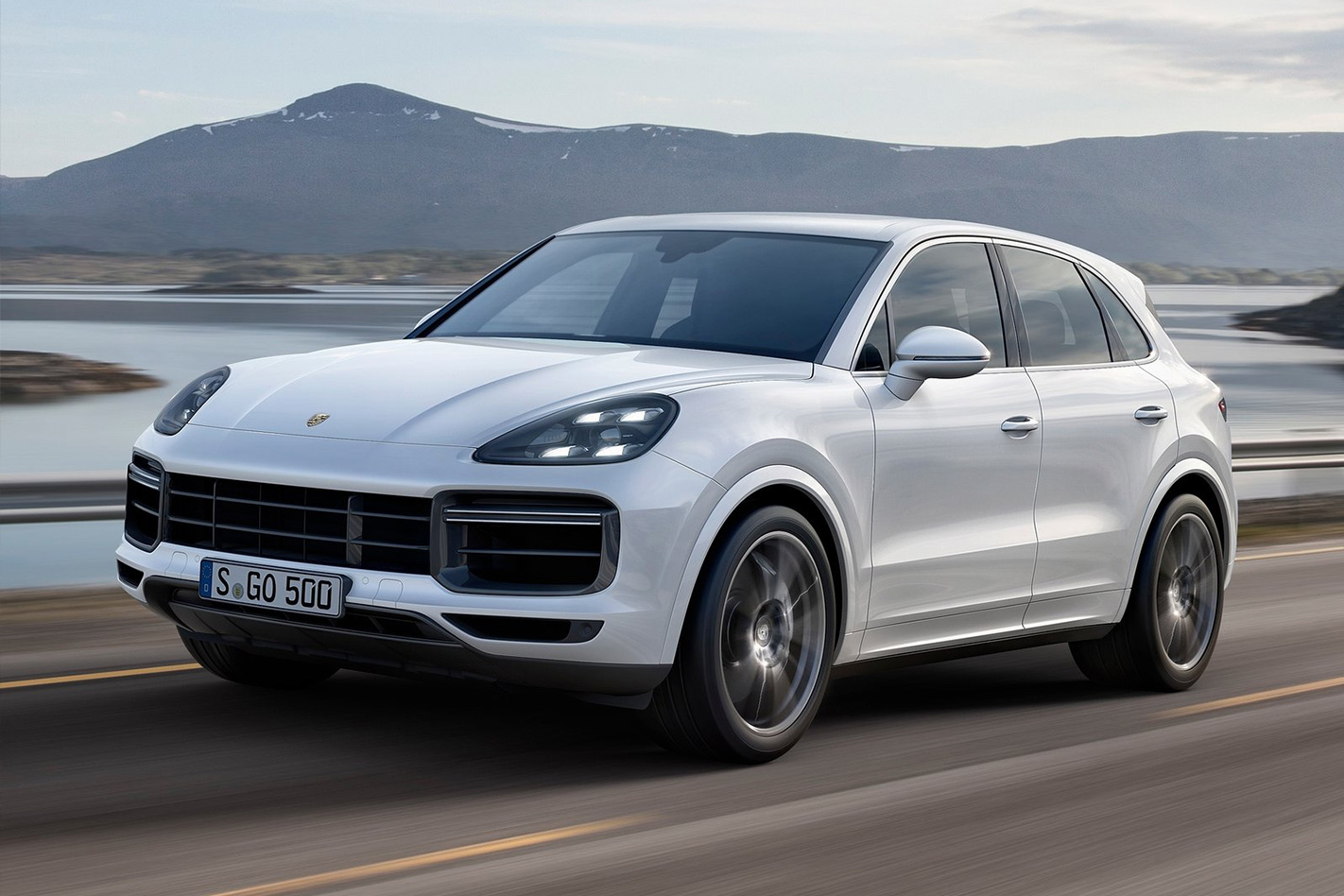
That’s not going to be possible in most major markets for much longer. The dilemma is neatly summed up by Albert Biermann, a man who knows more about making mega-SUVs than almost anyone else.
His former role was head of engineering for BMW’s M Division, the twin-turbocharged X5M and X6M developed under his watch. Having moved to head up performance engineering for Hyundai, you’d expect something similar to be on the model play for the upmarket Genesis brand that falls into his orbit. But it’s not; categorically so.

Luxury SUVs aren’t going to die, of course; demand is projected to stay high for the foreseeable future. But these ridiculously fast performance versions look set to catch a perfect storm.
All are already fighting serious flab issues – the W12-powered Bentayga weighs more than two Mazda CX-3s – and the realistic way to meet emissions targets will be by adding the extra mass, and indeed cost, of hybrid assistance. That’s likely to make chasing benchmarks as pointless as the Nurburgring SUV record (see below).
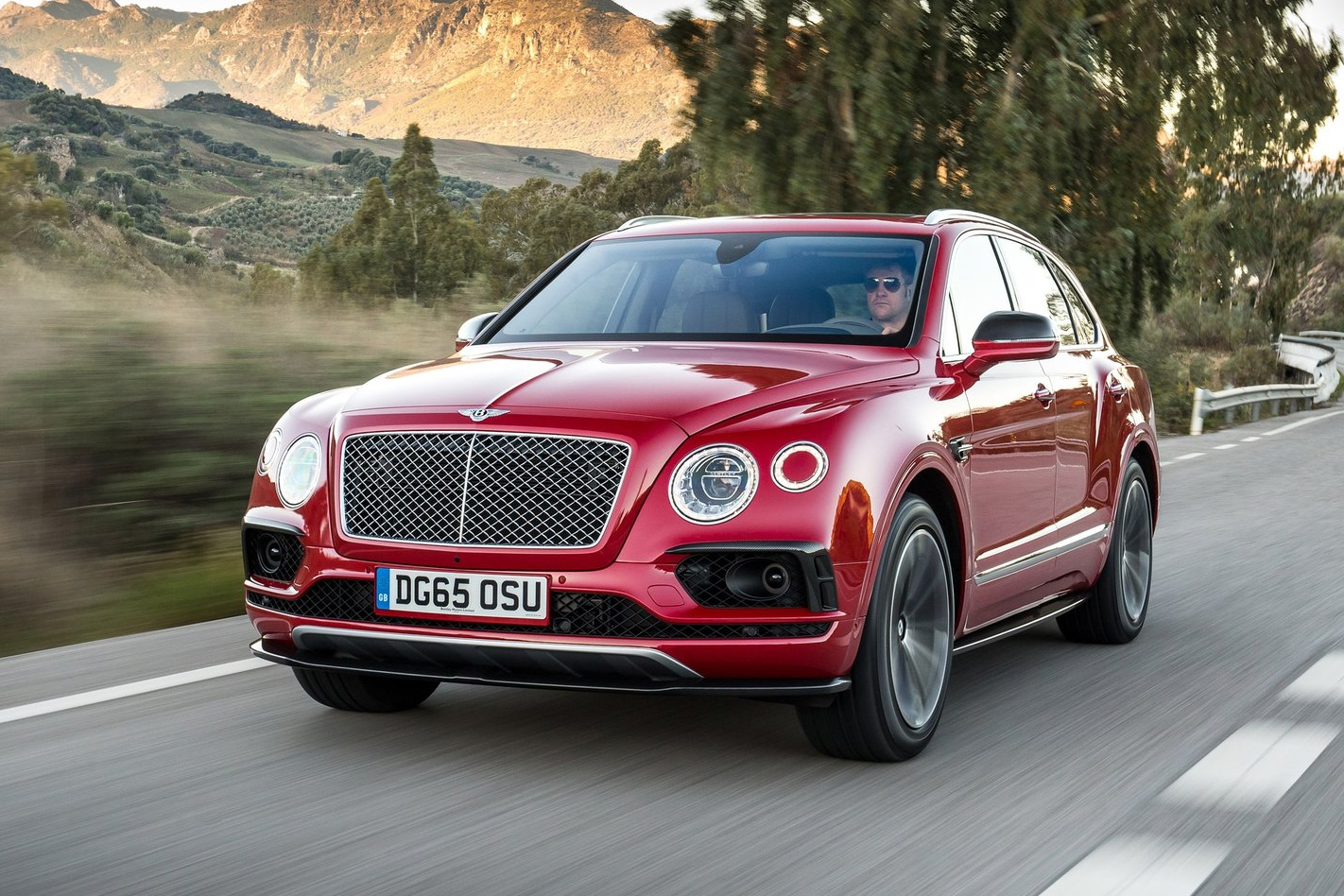
So less choice and more big brother, yet it’s hard not to see this as being ultimately a good thing, an evolution-speeding meteorite that will save the car industry from this blind alley it seems to have been chasing.
Let engineers concentrate on making the sort of cars that should go faster, go faster.

There’s no better illustration of the determination of SUV makers to engage in pointless wang-waving than the recent attempts to claim the fastest time around the Nordschliefe.
Things kicked off last year when Land Rover sent out the Range Rover SVR and recorded what would be a benchmark-setting time of 8:14, as fast as a Porsche 911 GT3.
Yet between Land Rover setting the time and publicising it, Porsche swept in to steal its thunder, the Cayenne Turbo S posting a 7:58. It’s one record we hope stands forever.

